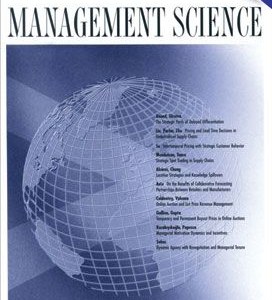
Teeselink, \.K., \van den Assem\, \MartijnJ.\ and \van Dolder\, D. (2023). Does Losing Lead to Winning? An Empirical Analysis for Four Sports Management Science, 69(1):513--532.
-
Affiliated authors
-
Publication year2023
-
JournalManagement Science
Berger and Pope (2011) show that being slightly behind increases the likelihood of winning in professional (National Basketball Association; NBA) and collegiate (National Collegiate Athletic Association; NCAA) basketball. We extend their analysis to large samples of Australian football, American football, and rugby matches, but find no evidence of such an effect for these three sports. When we revisit the phenomenon for basketball, we only find supportive evidence for NBA matches from the period analyzed in Berger and Pope (2011). There is no significant effect for NBA matches from outside this sample period, for NCAA matches, or for matches from the Women{\textquoteright}s National Basketball Association. High-powered meta-analyses across the different sports and competitions do not reject the null hypothesis of no effect of being slightly behind on winning. The confidence intervals suggest that the true effect, if existent at all, is likely relatively small.